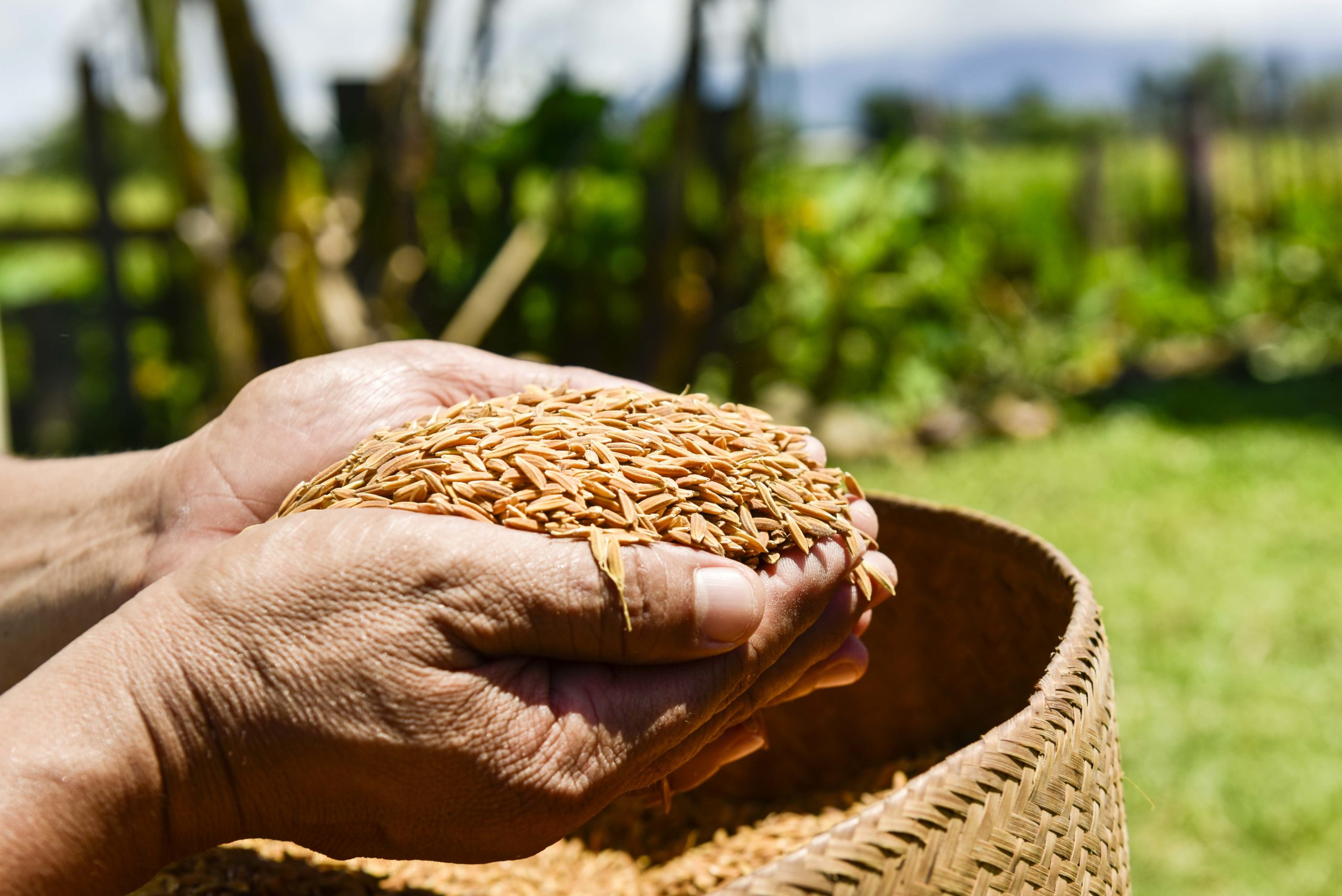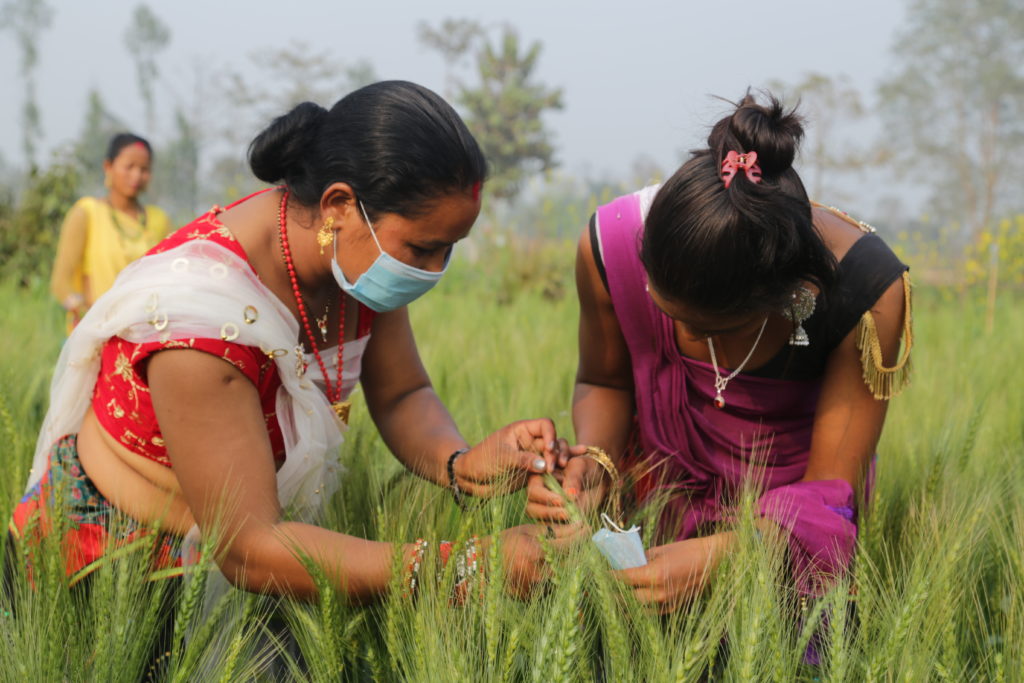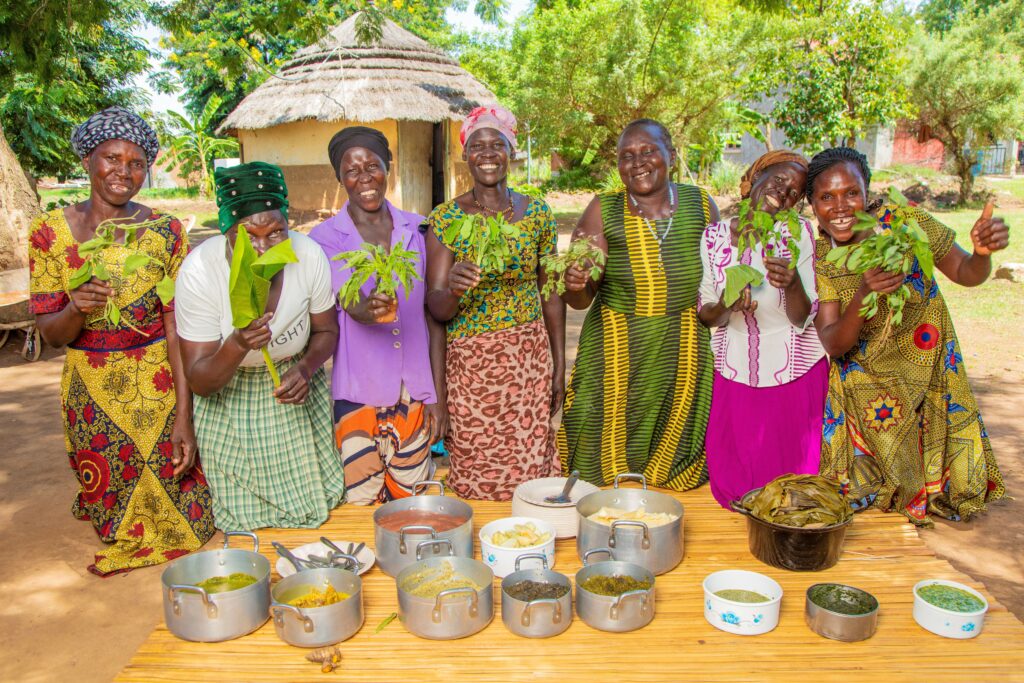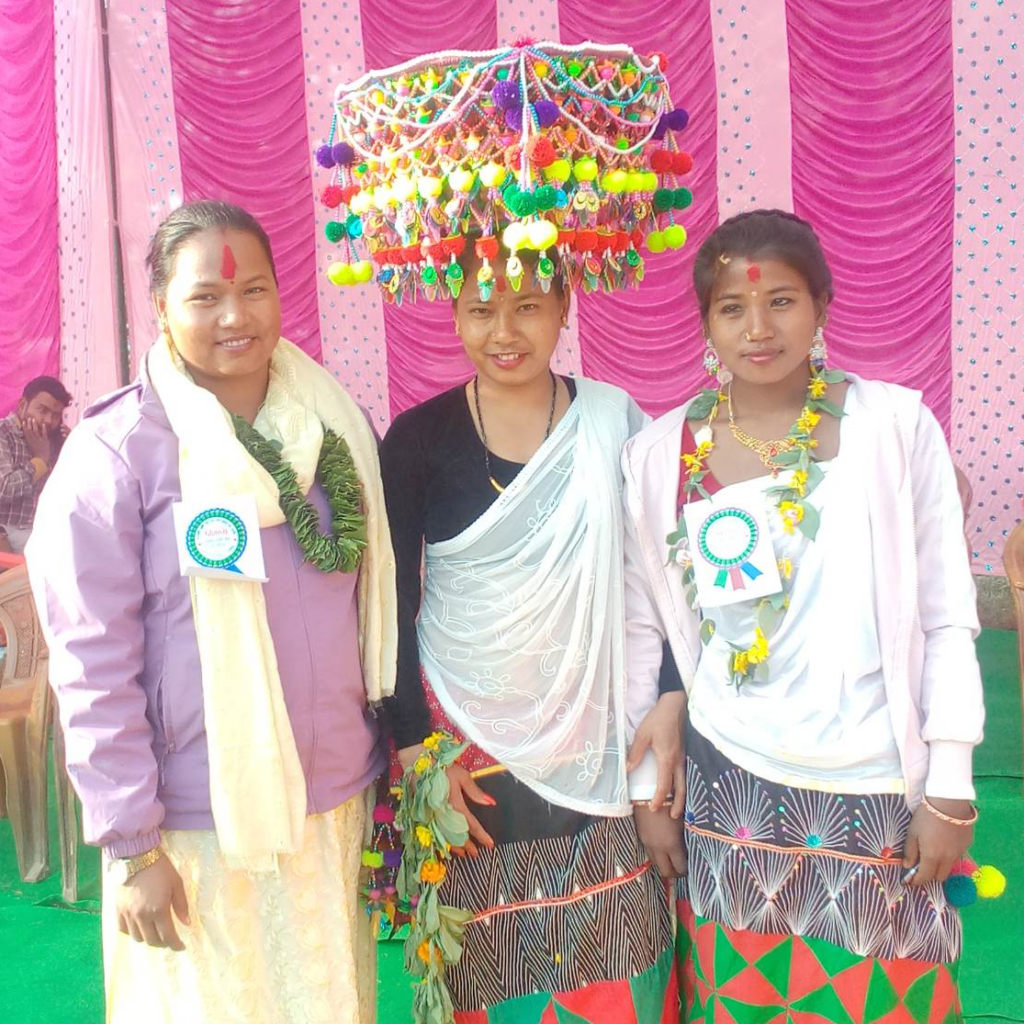Our 2021 Mid Term Review aims to determine the extent to which the different activities have contributed towards the overall objectives and outcomes, and the lessons we can draw. This is to help all stakeholders have the necessary information to take timely and informed decisions in the near future.
The Terms of Reference for this process are found here:
https://sdhsprogram.org/assets/2021/03/TORs-MTR-SDHS-.pdf
Bidders are invited to present a proposal considering the administrative criteria and award criteria described. These bids will be assessed on their compliance, quality and price.
Bids should be titled “MTR SD=HS program” and sent to Cindy O’Regan via e-mail (cindy.oregan@oxfamnovib.nl) and received no later than 18 April 2021, at 5pm CET. Short-listed candidates will be contacted and invited for an interview in the two following weeks.
Questions and clarifications (as per April 11, 2021)
| “Can you provide clarification on the role of the commissioning manager/ facilitator and how the evaluation team would be given access to the eight country teams? Would a country focal point (8) for the purposes of the evaluation be appointed?“ | The commissioning manager serves as contact person for the consultants, communicating with all partners and relevant stakeholders. He works with the Oxfam representatives in the eight countries, all of whom will also facilitate the process in the area and with the organizations with whom they work. |
| “Our sense is that the Terms of Reference include expected outputs that go beyond what is necessary to answer the Key Questions. Should our proposed method focus on the latter, or on delivering all of the former?“ | We expect the evaluation to address the key questions, but not to limit itself to them. We are interested in the candidates perspectives, ideas and proposals. |
| “The last administrative criteria says a “Copy of the registration with the Chamber of Commerce” is required. Does this refer to a Chamber of Commerce in a specific country? In the ToR there is a requirement to send a copy of our companies’ registration with the chamber of commerce. This is not normal practice in the UK. Will our registration registration with government via Companies House by sufficient please?“ | We welcome proposals coming from any country, provided they demonstrate experience and capacity to complete this task. But we will need to sign a contract with a registered individual or organization. Candidates need to demonstrate an established practice. |
| “Does the SD=HS have a more detailed Theory of Change (beyond the Practice of Change included in annex 1)? In that Practice of Change Diagram, what are the black octagons referring to?“ | Yes. We will provide all documents as needed, also the results of previous evaluations. |
| “We understand that the MTR should cover and include the country-level work in Zimbabwe, Zambia, Uganda, Laos, Nepal, China, Peru, Guatemala and The Netherlands. However, do you foresee that the proposed MTR team should visit or have local consultants available in all these countries, or maybe a selection of them through case studies, and if so how many?“ | SD=HS works in 8 countries, but we acknowledge current flight and travel restrictions. At the same time, the budget and time available probably doesn’t allow for visits to all places. We are interested in the candidate’s proposals, and in their ideas and suggestions. They may work with partners or local consultants, or they may prefer to organize online meetings. We are open to ideas that can help make this process as effective and as efficient as possible, considering all the possible limitations. |
| “Would you consider an extension of the proposal submission deadline, say with 1 or possibly 2 weeks?“ | Unfortunately, this is not possible. |
More on SD=HS
The Sowing Diversity = Harvesting Security project works to build farmer-centred food systems in which sustained crop diversity, food and nutrition security and climate resilience are interconnected and addressed simultaneously, focusing on the steps to mainstream its approach in the policies and practices of others; on knowledge management and innovation; and on increasing scale.
Activities started in 2019, following an integrated approach to achieve results on four complementary levels: the community, through work on food crops (Outcome / Pillar 1) and better use of local or wild food plants (Outcome 3); the market, through work with Farmer Seed Enterprises for wider distribution of quality seeds (Outcome 2); and institutions, through local and global efforts to create an enabling policy environment for farmers’ rights (Outcome 4). The program works with common strategies, plans and tools in Guatemala, Laos, Nepal, Peru, Uganda, Zambia and Zimbabwe, and also in China.
Additional information can be found elsewhere in this site.









